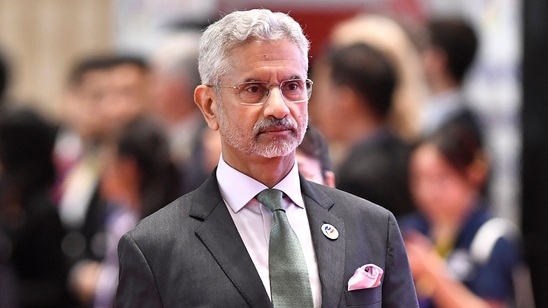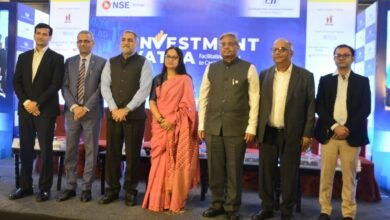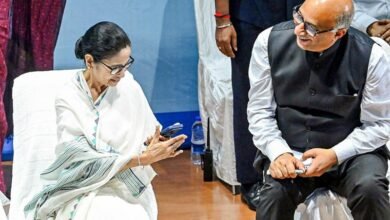‘Ridiculous’: S Jaishankar calls out Bangladeshi leaders for ‘blaming’ India for everything
News Mania Desk / Piyal Chatterjee / 25th February 2025

Days after meeting Touhid Hassan, his counterpart from the neighboring country’s caretaker administration, in Oman, External Affairs Minister Subrahmanyam Jaishankar criticized leaders of Bangladesh’s interim government for making “absolutely ridiculous” accusations against India amid an unprecedented strain in the two countries’ relations.
“If every day, someone in the interim government stands up and blames India for everything…some of those things if you look at the reports, are absolutely ridiculous. You cannot, on the one hand, say that ‘I would now like to have good relations with you’, but I wake up every morning and blame you for everything that goes wrong. It is a decision that they must make,” S Jaishankar said at a public function in New Delhi.
Jaishankar urged Bangladesh to “make up their minds” about the type of relationship it desires with India, pointing to the “special” relationship between India and Bangladesh that dates back to 1971, when the Indian Army and the Mukti Bahini freed what was then East Pakistan from West Pakistan (Pakistan).
Further, the minister mentioned “two aspects” of the current problem in the India-Bangladesh bilateral ties. “The first is the communal attacks on the minorities. What is very concerning for us is the spate of attacks on the minorities. It obviously is something that impacts our thinking. It is something we have to speak up about, which we have done,” he stated.
The topic of attacks against Hindus, the largest minority in Bangladesh, a Muslim-majority state, has been brought up by India and Bangladesh on several occasions. The attacks started when then-prime leader Sheikh Hasina was overthrown in August 2024 and fled to Delhi as public outcry grew.
Bangladesh has requested that India extradite Sheikh Hasina to stand prosecution for the “mass genocide” of demonstrators during the revolt against her “authoritarian” and “India-leaning” rule, although downplaying the attacks on its Hindu population. According to Jaishankar, the “second aspect” is domestic politics in Bangladesh, which one can “agree with or disagree with.”
“New Delhi has sent a clear message that we want things to calm down. But we don’t appreciate their constant hostile messaging towards India,” the ex-foreign secretary added. Jaishankar previously met Touhid Hossain, the foreign affairs advisor in Bangladesh’s interim government of Nobel laureate Muhammad Yunus, on the sidelines of the UN General Assembly in New York in September last year, marking the first high-level engagement between the countries since Sheikh Hasina’s exit.






